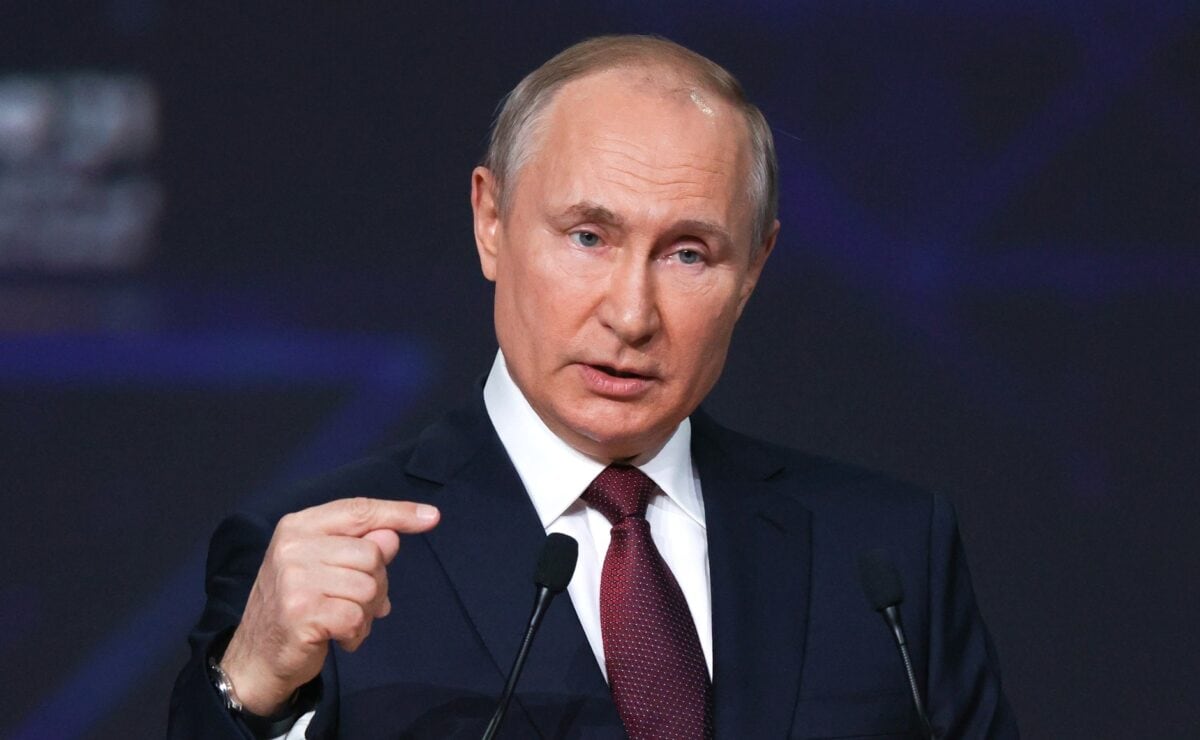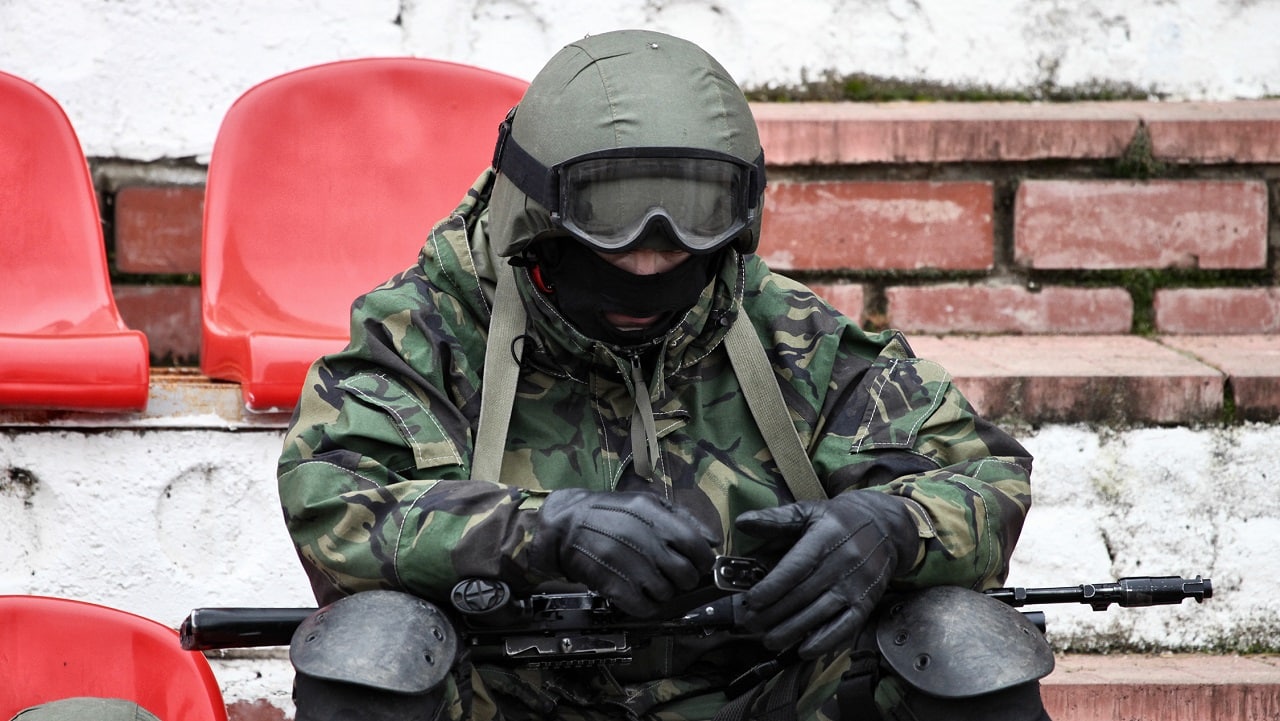The war in Ukraine is one of those seminal events that occur precisely when most believe that historical trajectories have been set and outcomes largely pre-ordained. Such wars forge new fault lines that shake governments to the core, forcing them to re-examine the first principles of their foreign and security policies. They result not so much from a sudden miscalculation but rather from a fundamental misreading of structural power shifts that have been in the works for years. And when they have run their course, the geopolitical landscape they leave behind has little or no connection to what existed before – think the aftermath of the Napoleonic wars, the two World Wars in the 20th century, the end of the Cold War. Most importantly, system-transforming wars lay bare the actual power distribution in key theaters and reset the clock of great power competition, with new azimuths that were hard to fathom only months prior now glaringly obvious. Today, Putin’s invasion of Ukraine has already set in motion forces that will recast Europe for the next several decades.
First, Ukraine’s stubborn resistance has pushed the importance of national sovereignty front and center. After three decades of post-Cold War institutionalism and globalism, we are back to the fundamentals of national security: only a sovereign Ukraine can provide its citizens with a secure homeland. International institutions could not stop Putin from invading Ukraine. Second, there is no substitute for hard power, and no nation can remain secure if it lacks a strong military, regardless of whether or not it belongs to a military alliance, for NATO has yet again defaulted to the United States to secure Europe. Third, peace should not always be the first priority in a conflict. As Ukrainians have shown us when attacked, the goal should not be to reach a compromise as soon as possible, but to defeat the aggressor and liberate the nation’s territory. Fourth, Germany and France, the two largest powers on the European continent, have failed to lead, proving yet again the adage that being big is not the same as being strong.
There has been visible hesitation in Germany and France in the face of the Russian invasion of Ukraine, notwithstanding the repeated public assertions of solidarity with Kyiv. The war has forced Berlin and Paris to disavow three decades of their Russia policy that sought to “manage” their relationship with Moscow through a combination of economic and political means. During his seminal speech in the Bundestag on February 27, Chancellor Olaf Scholz openly admitted that German policy was wrong on Russia. President Macron has since muted his efforts to engage with Putin. Most importantly for German policy, the war has all but exploded the core assumption of its “clean energy” approach as devoid of national security considerations, and invalidated the naïve maxim of “Wandel durch Handel,” i.e., the belief that more trade would push Russia (and China) toward a freer and more open political system. In fact, Berlin’s decision to lead the EU to switch from coal and nuclear to Russian gas as a gateway to renewables, embodied in the Nord Stream 1 and Nord Stream 2 pipeline projects, has only left Europe dangerously dependent on Putin for energy. It has done nothing to democratize or restrain Russia.
Most importantly, the war has shaken the foundations of the established power distribution in Europe, and – pending Ukraine’s victory – may reorder it for decades to come, shifting Europe’s core from the West to the Center of the Continent. A rebuilt and successful Ukraine, with its population of some 44 million and wealth of natural resources and fertile agricultural land would shift the center of Europe’s gravity – regardless of whether or not it joins the EU. A free and successful Ukraine would all but ensure a rapid implosion of the Lukashenka dictatorship in Belarus and, aligned with Poland, Romania, Finland, and the Baltic States would give the Baltic-Black Sea intermarium unprecedented economic and political influence. With the combined population of some 120 million for the intermarium, this new configuration would fundamentally shift the overall power balance in Europe. Last but not least, it would compel Russia to come to terms with the reality of its post-imperial status. It would force it to address the fundamental question of what the “normal” Russian nation-state should look like.
This war also reforges existing alignments in Central and Eastern Europe, creating new ones. The most significant change is in relations between Poland and Ukraine. The outpouring of support for Ukrainian refugees and the spontaneous help provided by the Poles is building a qualitatively new relationship between the two countries. Meanwhile, crimes committed by Putin’s military against the Ukrainian population have transformed the once-friendly Ukrainian attitude towards Russia into one of relentless hostility. Next, the decision by Finland and Sweden to ask for NATO membership will fundamentally reconfigure the Baltic-Scandinavian region, bringing significant geostrategic depth to allied defenses there. Last but not least, in cooperation with the United States and the United Kingdom, Poland has emerged as both the key NATO Eastern flank country, but also as the lynchpin along the frontier, much like West Germany was during the Cold War. Although the debate in Washington on forward defense and the nature of future US deployments in Europe has not been settled, it is reasonable to expect that US military assets along the flank will increase over the coming decade. Poland’s own military potential, fueled by the acquisition of new long-range rockets and artillery systems, air defenses, 32 of the F-35 aircraft, combined with the Polish purchase of 250 most modern M1A2 SEPv3 tanks, will change the military balance in the East. This transformation is being accompanied by ever-closer US-Polish political and military cooperation, as America plans for the next decade in Europe while NATO rearms.

Putin at St Petersburg International Economic Forum plenary session. Photo: TASS
The war in Ukraine is laying foundations for a new power distribution in Europe. The failure of the Russia policy pursued for three decades by Germany and France has left a leadership vacuum in Europe. For Germany to reclaim it, notwithstanding the country’s dominant economic position in the EU, it will now have to earn the right to lead. The key question facing Europe going forward is what role the United Kingdom will play in NATO, and especially what role Poland will play in both NATO and the EU. The navy will remain the British forte, especially as great power competition in the Indo-Pacific heats up. For Poland, land forces will be the centerpiece of its military power. But neither of them, independently or together, can assume the leadership position in Europe without a clear decision by Washington to endorse and materially support such a reconfiguration on the Continent. In the past, the United States twice turned to Germany to lead on the Continent, first at the end of the Cold War, then more recently when the Biden administration agreed to drop its sanctions on Nord Stream 2. In each case Germany managed instead of leading, focusing on political and economic tools, and only reluctantly allowing for the military dimension to enter the overall power calculus. Washington may yet decide that three times is the charm and default to Germany yet again, but the realities of the war in Ukraine, the most brutal war in Europe since the Second World War, and the attendant military requirements have stacked the odds against this outcome. The question then is what Europe will look like once the shooting in Ukraine stops. This question is not about who wants to lead Europe, as there are aspirants old and new; rather, it is fundamentally, about who can. We will find out soon enough.
A 1945 Contributing Editor, Andrew A. Michta is Dean of the College of International and Security Studies at the George C. Marshall European Center for Security Studies in Garmisch, Germany. He is also former a Professor of National Security Affairs at USNWC and a former Senior Fellow at the Center for European Policy Analysis in DC. The opinions expressed here are those of the author and do not reflect the official policy or position of the George C. Marshall European Center for Security Studies, the U.S. Department of Defense, or the U.S. government.

